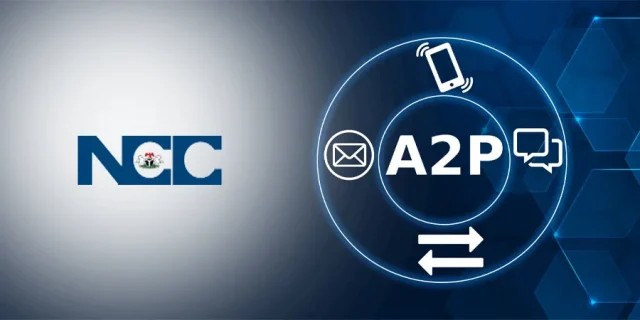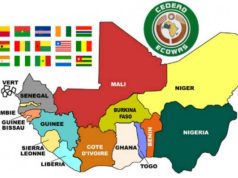The Nigerian Communications Commission (NCC) has unveiled a groundbreaking Nigeria telecom licensing framework aimed at fostering innovation, supporting startups, and expanding opportunities for technology-driven enterprises in the telecom sector.
Dr. Aminu Maida, Executive Vice Chairman of the NCC, announced the new regulatory model during a stakeholders’ forum on the Draft General Authorisation Framework held in Abuja. In his speech, delivered by Executive Commissioner for Stakeholder Management, Rimini Makama, Maida emphasized that the telecom industry is at a critical juncture where innovation demands a more adaptive and enabling regulatory environment.
“We are now at a turning point where the nature of innovation demands a regulatory paradigm that is not only responsive but enabling,” Maida said.
The revised Nigeria telecom licensing framework introduces three key regulatory tools designed to support innovation while maintaining consumer protection and public interest:
Proof-of-Concept Pilots – To test new telecom solutions in real-world environments.
Regulatory Sandbox – A controlled space for testing emerging technologies like Open RAN and spectrum sharing.
Interim Service Authorisation – For services that fall outside current licensing categories.
These instruments are intended to give startups and tech firms a safe environment to test ideas, assess risks, and refine their offerings before full market launch.
“This model encourages experimentation and responsible innovation while safeguarding consumer rights and public interest,” Maida added.
He also called for active collaboration from all industry stakeholders, including mobile network operators, infrastructure providers, original equipment manufacturers (OEMs), academia, and civil society, to ensure the framework’s successful implementation.
“The future of Nigeria’s digital economy is no longer distant. It is unfolding right before us. And at the heart of this future is the communications sector—our shared infrastructure for innovation, inclusion, and economic advancement,” Maida concluded.
The framework is expected to strengthen investor confidence, deepen the innovation value chain, and promote sustainable growth across Nigeria’s digital ecosystem.
Also speaking at the event, Usman Mamman, Director of Licensing and Authorisation at the NCC, explained that the draft framework was developed through internal reviews, cross-departmental collaboration, and international benchmarking.
He highlighted how the Commission studied regulatory models from other countries, including the UK’s Ofcom Sandbox and Singapore’s Infocomm Media Development Authority (IMDA) testbeds, to create a system that supports innovation without compromising regulatory integrity.
The new Nigeria telecom licensing framework aligns with national digital policies such as the Nigeria Data Protection Act 2023, the National Broadband Plan, and the Nigerian Communications Act 2003. It also integrates robust safeguards around data privacy, cybersecurity, and customer information management to ensure responsible technology deployment.
Mamman noted that the increasing number of novel service requests that couldn’t fit into existing licensing categories prompted the need for a more agile and inclusive regulatory model.
The forum brought together telecom operators, regulators, and tech ecosystem players, all encouraged to provide feedback to help refine the framework and align it with national development goals.
As Nigeria continues to position itself as a leader in Africa’s digital transformation, the updated Nigeria telecom licensing framework marks a significant step toward a more inclusive, innovation-driven telecom sector.
Follow us on Instagram
https://www.instagram.com/businessnewsng?igsh=ZXpweTdjOGF1ZXdu

























